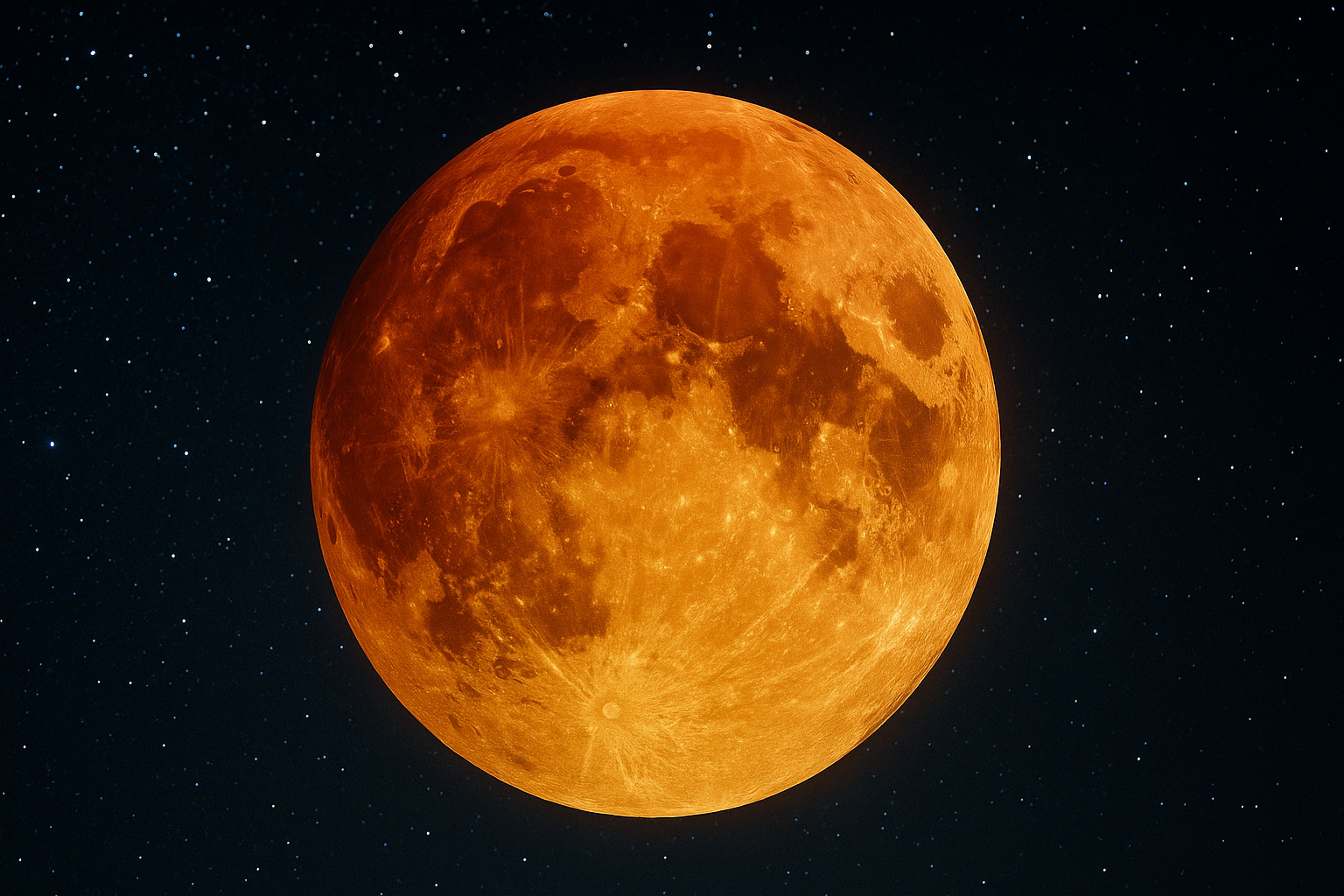Introduction: Ukraine Launches Full-Scale Cross-Border Offensive
What is actually storming further into a bold escalation is that Ukraine forces just launched a devastating cross-border offensive deep inside Russia’s western Kursk region. This open-fire operation would be the first time that Ukrainian President Volodymyr Zelensky acknowledged there was one on the Russian territory. The Kremlin, for its part, promised to provide a “harsh response” to what it said was a grave provocation.
This release comes with a bit more context, and some language around the Ukrainian offensive that was largely ill-advised in that it opened the door for meaty retribution by all parties. Ukraine Pushes War into Kursk As Saturday night spilled into early Sunday morning, President Zelensky said Ukrainian forces have gone into action over Russian territory, inside the Kursk region abutting northeastern Ukraine. He called it a major turn in Ukraine’s strategy, which hitherto was mainly on defensive grounds regarding its territory, but was offensive since February 2022. He defined it as a new operation where Ukraine is aiming to reach an increasingly more and more invasive “aggressor,” the President said.
The development corroborates information suggesting that Ukrainian troops have advanced over 10 kilometers into Russian territory some six miles in what was believed to be the deepest penetration by Ukrainian troops since fighting began. Around 76,000 servicemen of various combat arms, over 10,000 pieces of military hardware, and technical equipment are to be urgently reloaded. This operation is conducted on a massive scale and depth, most probably signifying a very powerful change in the dynamics of this war with a design to change the strategic calculus of both the countries.
Russia’s Stern Warning: ‘Tough Response
In contrast, the Russian Foreign Ministry later threatened to sharply respond to Ukraine’s cross-border offensive, which came with a caution after Moscow said it sees what is an unacceptable heightening of hostilities. The sharp rhetoric from Moscow at this hour underlines something clear: the sense of intention that this incursion is very serious and a retaliatory response is likely to come.
Repeatedly, it warned that if an attack is made on its territorial integrity, wide-ranging consequences would follow, and this latest development makes the adage true regarding Russia. It is not exactly clear on what it means by “tough response,” but most of the people have interpreted it to include at least some sort of military action on their part and the security beefed at the border. This is high in the possibility of giving rise to a serious kind of escalation because it goes ahead to try and reassert control over and respond to what it considers directly challenging its sovereignty.
To Ukrainians, such a movement, made because they are forced back in retreat into the Kursk region, would be a strategic rather than a tactical move and could change the whole character of the war. To influence the military campaign of the Russian Federation, Ukraine may want to blunt home against coming thrusts or feel unease.
It also has psychological resonance for Moscow: If Ukraine can manage to attack Moscow’s backyard, that speaks a very different language that Russia is not unbeatable at home. In other words, a successful offense could create opportunities for Ukrainians to take pressure off other parts of the front, and luck holds that it might bend Russian resources into trying to relieve pressure from critical areas in eastern Ukraine. The Kursk area is host to key Russian military logistics, with concerns by the political staff at the European Parliament that the area is going to be smothered in order to cut off supply lines and generally isolate Russian forces fighting in Crimea.
However, in these very risks, a number of dangers for Ukraine lie as well: In Ukraine
The danger that the conflict slowly moves to burning on Russian territory risks provoking a drastically bigger reaction in Moscow than required, with a dramatically bigger number of casualties for the conflict and hence further destabilization in the area. Also of huge interest will be the manner in which things could now proceed for the potential international reaction due to the fact that, after all, Ukraine depends much on its Western friends for continuation. Only offensive forces at work from either side of the border were causing difficulties diplomatically for this continued assistance.
One by one, in rapid succession, reports came in as fast as a wink regarding the development made by Ukraine, no other civilian loss of life having been noted according to the conflicting regions. Russia, in turn, declared its evacuation of the 76,000 Kursk land inhabitants from the border regions, which the critical danger situation in the Ukraine had fatally threatened an equivalent number of people’s lives. Evacuations had to be performed in person with the Russian army, as the number of people was going to rise to the point where really large-scale civilian damage was going to be perpetrated. Probably only the inconsistencies against the counter warnings of “peaceful” demonstrators will augment the war.
Meanwhile, war just goes on getting deadlier by the day in Ukraine, in the aftermath of this offensive that pounded Kyiv hard with drones and missiles from Russia, among most of the other regions. According to local online reports, overnight bombing raids killed two more of the already high count of civilian casualties in this very long-drawn and debilitating war. The attacks on the capital are testimony that, even as it may have temporarily diverted world attention to the crossborder offence, the war is being prosecuted on both sides of the border all along the urban and rural landscape traditionally known as the war-torn regions of Afghanistan.
A Historical Perspective: The Deepest Raid Since the Invasion Began
The full-scale invasion of Ukraine by Moscow began in February 2022, but, for certain, the conflict is already well into a third year and has seen swirled back-and-forth successions and failures on the part of both sides. But the raid itself is an enterprise from square one an enterprise that, for all anybody knows, might just wind up redefining where, or how, the conflict goes.
Normally, such wars have seen periods when the side fighting defensively on its home soil, after months or years of bleeding, has started to push back. In that light, Ukraine’s decision to launch a cross-border offensive would seem to indicate an effort to do far more than assume a purely defensive stance in this case, an attempt to exact a high price from the aggressor many miles from its own borders.
The reaction of the global community will operate through which it will determine the outcome of the wars that are yet to come. The war in this regard has been marked as the substitute of the support to Ukraine in the western nations’ governments through which this has been marked to have taken place as the result of the military and economic sanctions that it has been put through globally by the developed nations. In some instances, the war in Ukraine is famously known to be a state self defense by the Ukraine state from Russia. This would only be further complicated if it were to come out with a cross-border attack, perhaps less daring to Ukraine’s allies.
On their part, the attack would be a last-ditch effort to ensure that the power of the Russian military is emaciated; it will be very much on the brink and a sort of escapology escalation, an attack with potential humanitarian catastrophe stretching to infinity. Indeed, for most of the cases, the final act of the Ukrainian actions will be gauged by the share of support that will persist, and it is the tale accounted for by the leadership of NATO and the EU. Of course, debates regarding the extent of its engagement with the conflict will find more cause, since after all the conflict signified begins with symptoms that are still more complex and protracted.
Conclusion
And, whereas last time the war had just changed, casting itself into a new channel, this time it does seem the two forces now have more at stake than before: Ukraine, specifically, bears the hope that if the offensive in Kursk is to be successful, this will not boost morale alone but also hopefully offer the rest of the world evidence that most definitely they can take the fight into actual Russian soil. Yet, with such tactics, there was always a certain amount of risk: nothing totally negated in any case, especially possible harsh Russian responses. The merest scintilla of misadventurism in its patterns is a direct challenge to the authority and military might of Russia. Thus, probably now, how the pattern of this conflict would go may be determined by what the next move of Moscow will be.
A mirrored response in all check, keeping that controlled spiral from going any further out of control, while one bolder in tone could just burn harder into a bigger, fiercer fight. The world would look to this space in the days and weeks to come on the edge of an absolute whole new chapter in conducting the conflict. After all, the consequences of such a step are to resonate more than just decidedly not only throughout the future of their nations but also in the very concept of stability, with the Ukrainians expected to begin their offensive in the Kursk area.



























Leave a Reply